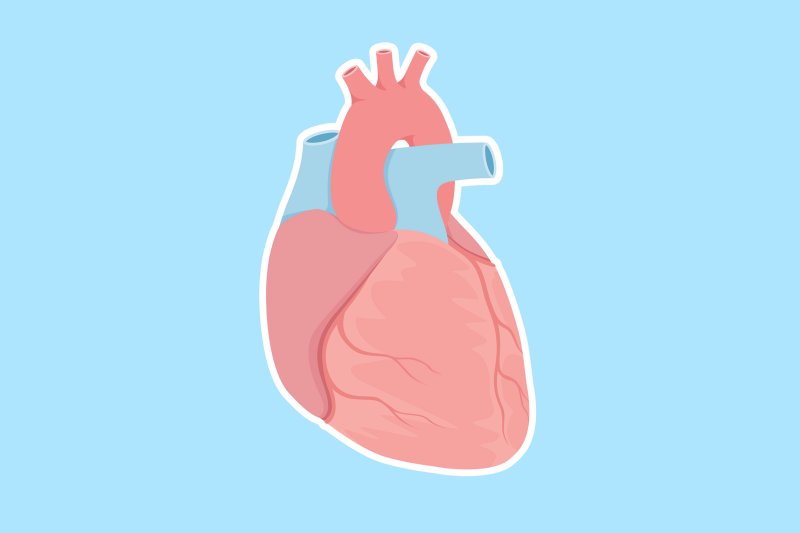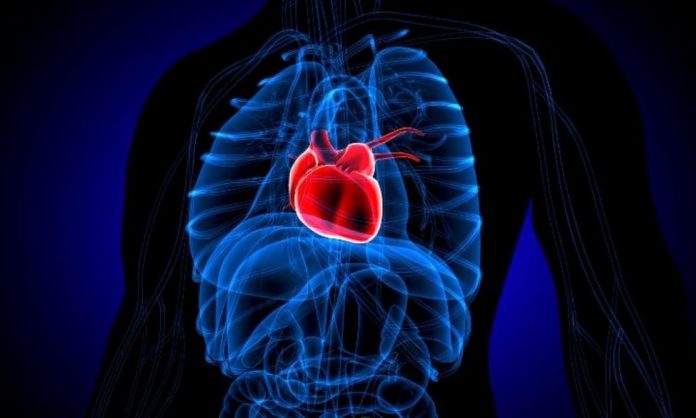Broken heart syndrome; you might think of it as something related to emotions and heartbreak. However, did you know that this is a rare medical condition? Broken heart syndrome is also known as stress cardiomyopathy, apical ballooning syndrome, and octopus trap syndrome.
These names originated because of different myths and the behaviour pattern of this disease. So, lets’ have a look at the things which you need to know about the condition.
1. What Can Cause A Broken heart
Since it is a medical condition, it is not caused by heartbreak. However, extreme anxiety and physical stress can trigger the condition. There are several behind the actual cause of this condition. It is thought that external stressors can cause your body to release stress hormones. These stress hormones lead to heart and vessels spasms. This can ultimately cause the left ventricle to temporarily weakens and results in a lack of blood to heart muscles.

2. Symptoms
If you are under a lot of stress and all of a sudden you start to feel breathlessness and pain in the chest, you might want to consult a doctor right away. It is speculated that the symptoms of this condition are similar to having a heart attack. However, the medical tests will further confirm the diagnosis.
3. Who Is More Prone To it
Women, particularly post-menopausal women, are thought to be at increased risk of having an episode. People who are above 50 are also at higher risk in general.

4. Triggers
The triggers range from a wide variety of events, including both the good and bad ones. Suppose you are an extremely emotional person, then look out for any triggers and make a conscious effort to minimize them. These triggers can include, death of a loved one or a friend.
- A medical diagnosis that might take a toll on your mental health.
- Losing, or even winning, a lot of money suddenly.
- Being physically or verbally abused.
- However, something as small as going on the stage can also act as a triggering factor.
5. How Is It Different From Heart Attack
Heart attack results from blockage of the blood vessels, which can be diagnosed on medical testing. However, there are no blockages of vessels in BHS. The heart loses its ability to pump the blood like it usually does, so the symptoms mimic a heart attack.

6. How To Take Care After The Attack
After having a cardiac event or a diagnosis, it becomes terrifying for the patient to go on without stress about the situation. But looking after these factors can help you lead a life in a stress-free and healthy manner,
- Know your diagnosis and treatment plan and abide by it
- Cope with your feelings and make sure to reduce the amount of stress
- Quit any habits which can trigger and make sure to lead a healthy lifestyle
- Specific therapies and tools can help you cope with the condition. Consult your general physician regarding these.
Stay tuned to Brandsynario for the latest news and updates.








































